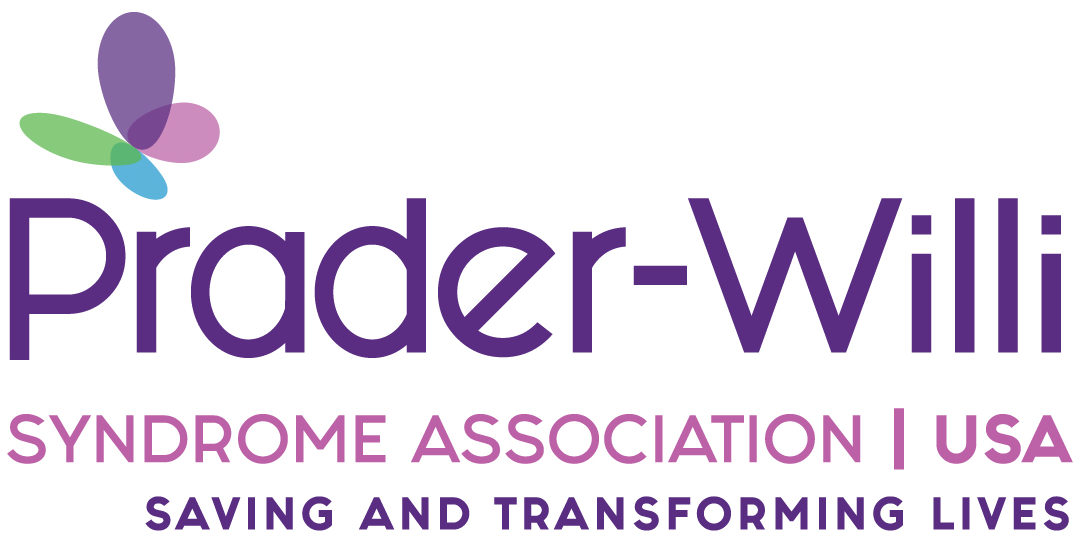- February 20, 2024
Prader-Willi Syndrome: A Rare Genetic Disorder Demystified
Prader-Willi Syndrome is a rare genetic disorder that affects approximately 1 in 10,000 to 30,000 individuals worldwide. This complex condition is characterized by a wide range of physical, cognitive, and behavioral symptoms that can vary in severity from person to person. While the exact cause of Prader-Willi Syndrome is not fully understood, it is known to result from the deletion or inactivation of genes on chromosome 15.
Valuable Prader-Willi Syndrome Information is an insatiable appetite and a constant sense of hunger, which can lead to excessive eating and obesity if left unchecked. Individuals with this syndrome also have a lower metabolic rate and reduced muscle tone, making it difficult for them to burn off excess calories. This combination of factors can result in severe obesity and all the associated health risks, such as diabetes, heart disease, and respiratory problems.

In addition to the physical symptoms, Prader-Willi Syndrome also affects cognitive and behavioral function. Individuals with this syndrome often have intellectual disabilities, learning difficulties, and poor impulse control. They may also exhibit challenging behaviors such as temper tantrums, stubbornness, and compulsive tendencies. These cognitive and behavioral challenges can make it difficult for individuals with Prader-Willi Syndrome to lead independent lives and engage in social interactions.
Diagnosing Prader-Willi Syndrome can be challenging, as the symptoms can vary widely and may overlap with other conditions. However, there are specific genetic tests that can confirm the presence of the chromosomal abnormalities associated with this syndrome. Early diagnosis is crucial in managing the symptoms and providing appropriate support and interventions to improve the quality of life for individuals with Prader-Willi Syndrome.
There is currently no cure for Prader-Willi Syndrome, but there are treatment options available to help manage the symptoms and improve the overall well-being of individuals with this condition. One of the primary goals of treatment is to regulate appetite and prevent excessive weight gain. This may involve strict dietary restrictions, medication to suppress appetite, and behavioral therapy to help individuals develop healthier eating habits.
Other aspects of treatment for Prader-Willi Syndrome may include physical therapy to improve muscle tone and coordination, speech therapy to address communication difficulties, and educational support to help individuals reach their full academic potential. A multidisciplinary approach involving healthcare professionals, educators, therapists, and caregivers is essential in providing comprehensive care for individuals with Prader-Willi Syndrome.
Despite the many challenges associated with Prader-Willi Syndrome, individuals with this condition can lead fulfilling lives with the right support and interventions. It is important for families, caregivers, and healthcare providers to work together to create a supportive environment that meets the unique needs of individuals with Prader-Willi Syndrome. By promoting healthy habits, encouraging independence, and fostering social connections, it is possible for individuals with this rare genetic disorder to thrive and achieve their full potential.
Research into Prader-Willi Syndrome is ongoing, with scientists working to better understand the underlying mechanisms of this condition and develop new treatment strategies. By raising awareness about Prader-Willi Syndrome and advocating for more research funding, we can help improve the lives of individuals affected by this rare genetic disorder and ultimately find a cure.
In conclusion, Prader-Willi Syndrome is a rare genetic disorder that presents a unique set of challenges for individuals and their families. By demystifying this complex condition, we can increase understanding and support for those affected by Prader-Willi Syndrome. With early diagnosis, multidisciplinary care, and ongoing research efforts, we can provide individuals with Prader-Willi Syndrome the best possible chance of living full and fulfilling lives.